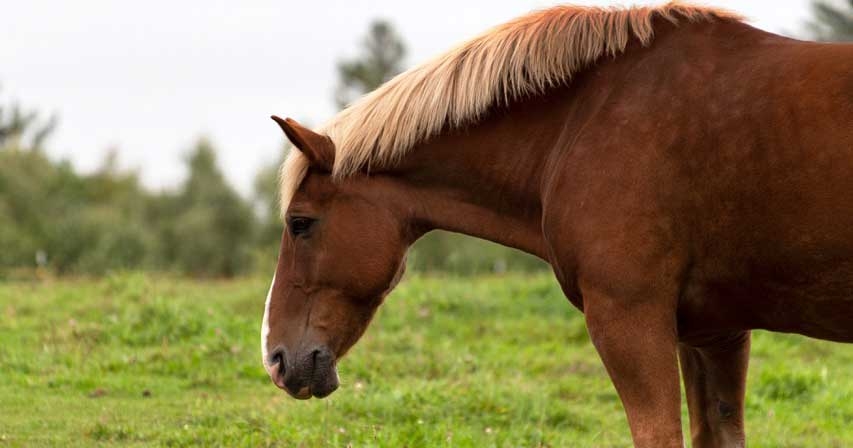24 Aug 2021
Study discovers “lockdown-associated factors had the potential to compromise the welfare of horses and ponies at risk of obesity and laminitis”.

A need for guidelines on the care of horses and ponies at risk of obesity and laminitis has been brought into focus by the COVID-19 pandemic, according to a study.
The study, “COVID-19 impacts equine welfare: policy implications for laminitis and obesity”, looked at the implications of COVID-19-related policies on equine management and welfare, focusing in particular on laminitis and obesity issues.
The study, reported in PLOS One, was carried out by Scotland’s Rural College (SRUC) with Waltham Petcare Science Institute, which provides science for the Spillers brand, during the pandemic lockdown.
Study aims were to assess impact of the pandemic, and its lockdowns on susceptible horses and ponies; identify challenges faced in implementing COVID-19 guidance; and ascertain areas of decision-making and policy development that can be improved in future emergency situations.
Ashley Ward, lead author and PhD student at SRUC, said: “We discovered that lockdown-associated factors had the potential to compromise the welfare of horses and ponies at risk of obesity and laminitis.
“These included disparate information and guidance, difficulties enacting public health measures in yard environments, and horses having reduced exercise during the pandemic.
“Our conclusion was that guidelines should be developed for the care of horses and ponies at risk through collaborative input from veterinary and welfare experts. This would help to reduce the negative impacts of future lockdown events in the UK.”
The study suggested a collaborative, multi-industry approach to developing and issuing specific advice was important, and researchers hope the wider findings will provide a key reference for future discussions on public health measures that might impact on equine welfare.
Clare Barfoot, marketing and research and development director at Spillers, said: “This summer our primary focus has been on helping horse owners keep their horses at a healthy weight to reduce the risks associated with obesity, in particular laminitis.
“Until formal guidelines are developed we hope our range of practical advice, available online and via our Care-Line, will help, should there be another lockdown.”
The study was conduced in tandem with another by SRUC that concluded the pandemic had impacted on horse owner and animal interaction.